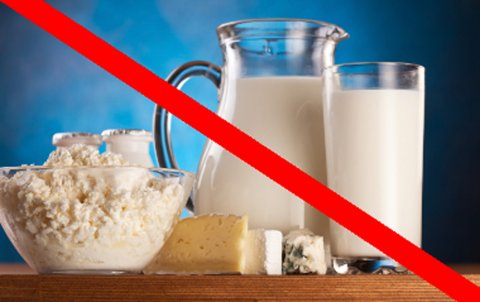I’m pretty sure you’ve heard about the lactose-free diet. Maybe someone in your family or yourself feels bloated or at unease every time you consume any dairy product like cheese or milk. The symptoms show that your body is not able to break down lactose, which is the sugar contained in these dairy products due to the lack or absence of the enzyme, lactase.
My take on this diet is that it has a restrictive approach. This means that it forces the elimination of products containing lactose from your daily eating routine. Personally, I have never tried to eliminate lactose from my daily routine since I love cheese, milk, and all dairy products. And most importantly because I don’t have problems with lactose. I’m super thankful for that!
Nonetheless, if you are struggling with digesting dairy products, keep on reading, this one’s for you:
- If you love cheese and milk, search for dairy-free substitutes. Almond milk, soy milk, or rice milk could be great substitutes. Make sure to purchase the unsweetened versions since you are obviously aiming for a healthy lifestyle.
- Focus on the nutrition label, ALWAYS: for example, whey protein usually contains lactose. Nonetheless, you can find plenty of whey protein and whey protein isolates that are lactose-free which should work just fine for you!
Read nutrition labels everywhere, since dairy is used in the production of tons of different products.
For example, a lot of times, chocolate might include lactose as well. Hence, make sure you read the labels properly and opt for dark chocolate for instance. Another example involves bread. Yes, bread, which usually contains gluten could also be a problem for the dairy-free community as well; hence, make sure you choose milk-free bread.
The point is to educate yourself to dig a bit deeper in understanding the components of each and every product you purchase. This behavior is very vital in your journey toward a better nutritional approach.
- Don’t be shy to ask your waiter or your chef whether there is lactose in your dish before ordering it. For example, I personally use some milk when cooking my steak as it adds some flavor to the overall dish. And guess what, many restaurants could be doing something similar. So make sure you always make your choices knowingly.
Lastly, I would advise you to be self-aware of what food is making you feel uncomfortable. In case you notice something is wrong when you consume dairy, don’t jump to the conclusion that you definitely have lactose intolerance. Go see your doctor and undergo the required medical protocols to be able to make your decision. And in case you have an intolerance, this is not the end of the world. How about you use it as a reinforcement tool for your willpower? You will surprise yourself!
Pierre, the Healthy Foodie

